Lawn care experts share how to store grass seed to stop it going bad
Failing to store lawn seed properly could render it ineffective


Whilst grass seed is best used fresh, it is possible to store it for a certain amount of time before it goes bad. If not stored correctly however, your seed will become seriously reduced in efficacy.
'Grass seed is most effective when it’s new, and while it doesn’t go bad entirely, germination rates will decrease over time,' explains Craig Elworthy, founder of Lawnbright.
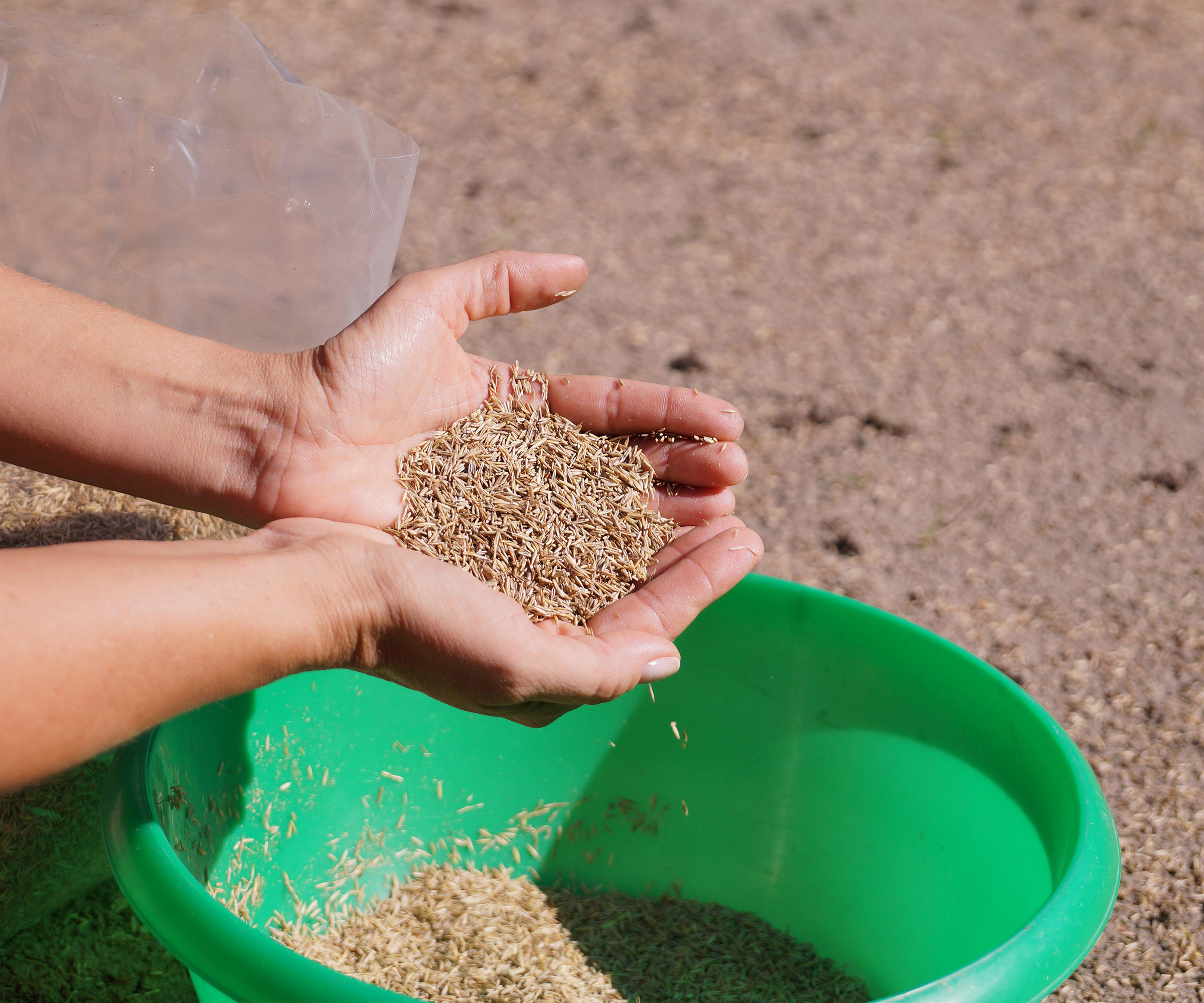
Expert advice on how to store grass seed
'Grass seed can in fact be stored, but the key to maintaining its viability lies in proper storage conditions,' says Jason McCausland, national technical director of Weed Man.
If not stored properly it won't be as effective whether you're overseeding your lawn or starting a new one.
How to store grass seed in containers
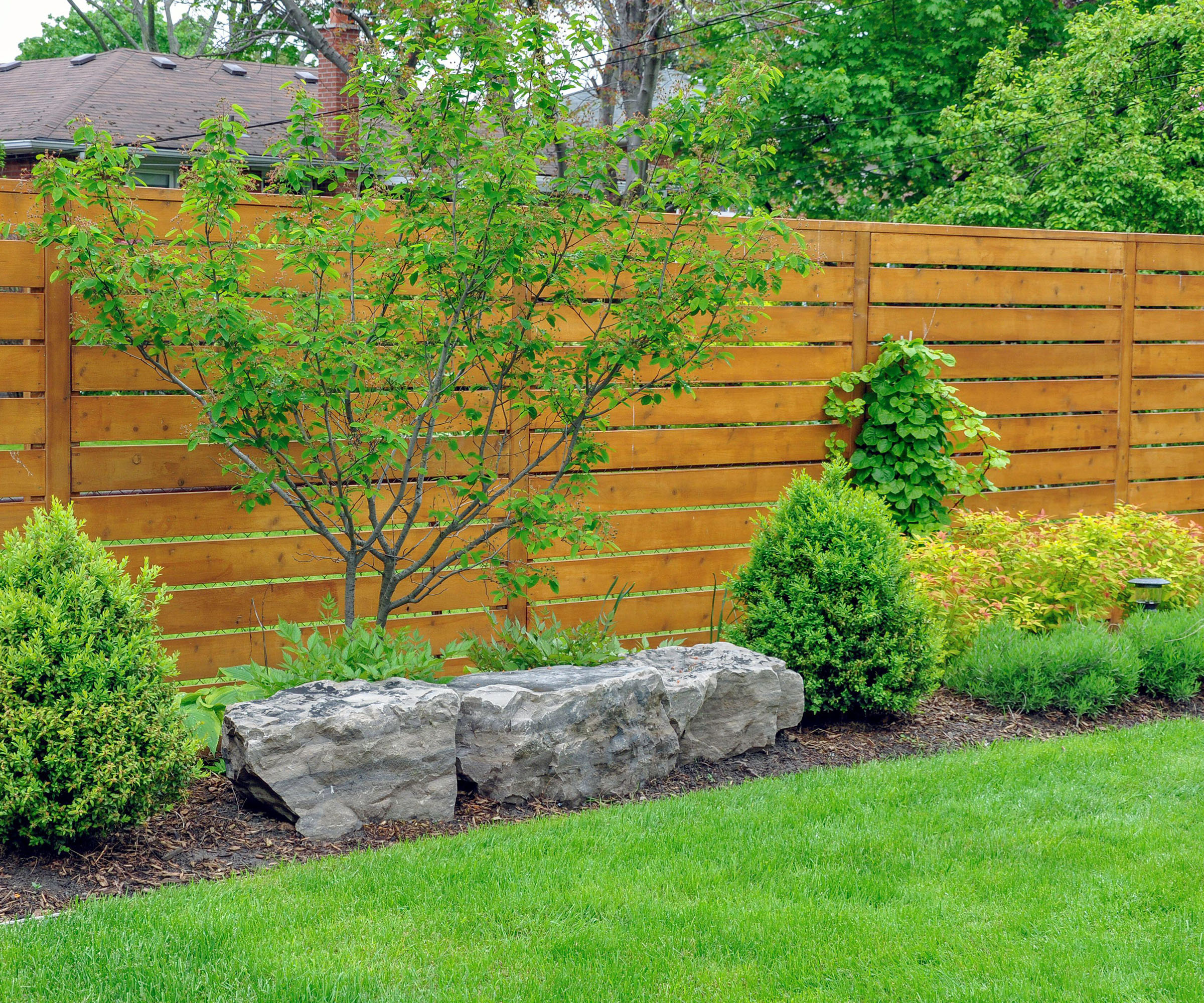
Fresher lawn seed will give better results
Jason advises storing lawn seed in sealed containers to keep it from going bad.
- To maximize the shelf life of grass seed, it should be kept in a cool, dry place, protected from exposure to moisture and sunlight, where possible.
- A sealed container, such as a plastic or metal bin, can help prevent humidity from affecting the seeds.
- Storing the grass seed in a consistently cool environment can further enhance its longevity.

For more than 25 years, Jason has been an integral member of the Weed Man family and the green industry. He is a professional law technician with extensive knowledge and hands-on experience with lawn care.
How to store lawn seed in bags
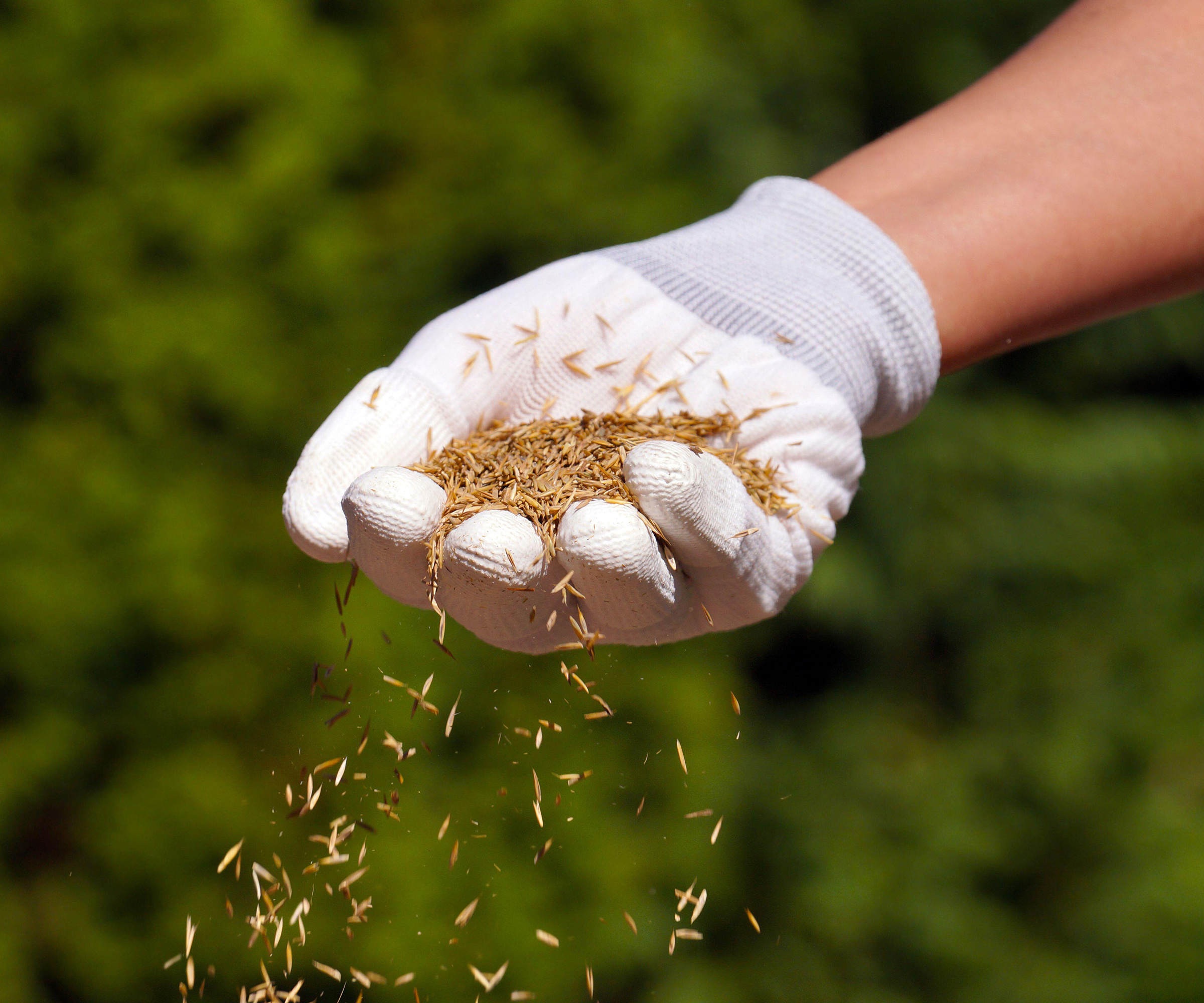
Kody Ketterling, lawn care expert, stores his lawn seed in bags rather than containers, so it remains effective at repairing patches in grass.
- Make sure the bags are sealed up and closed, this is to prevent air and moisture getting to the seed. Work to get as much of the air out of the bags as possible before sealing them.
- Keep them in a dry, dark area with an even temperature. I will keep seed in a closet or cabinet, rather than an outdoor shed, as the temperature is usually the same.
- Animals love grass seed as it's a good food source for them. Therefore, do your best to seal your storage area off from pests.
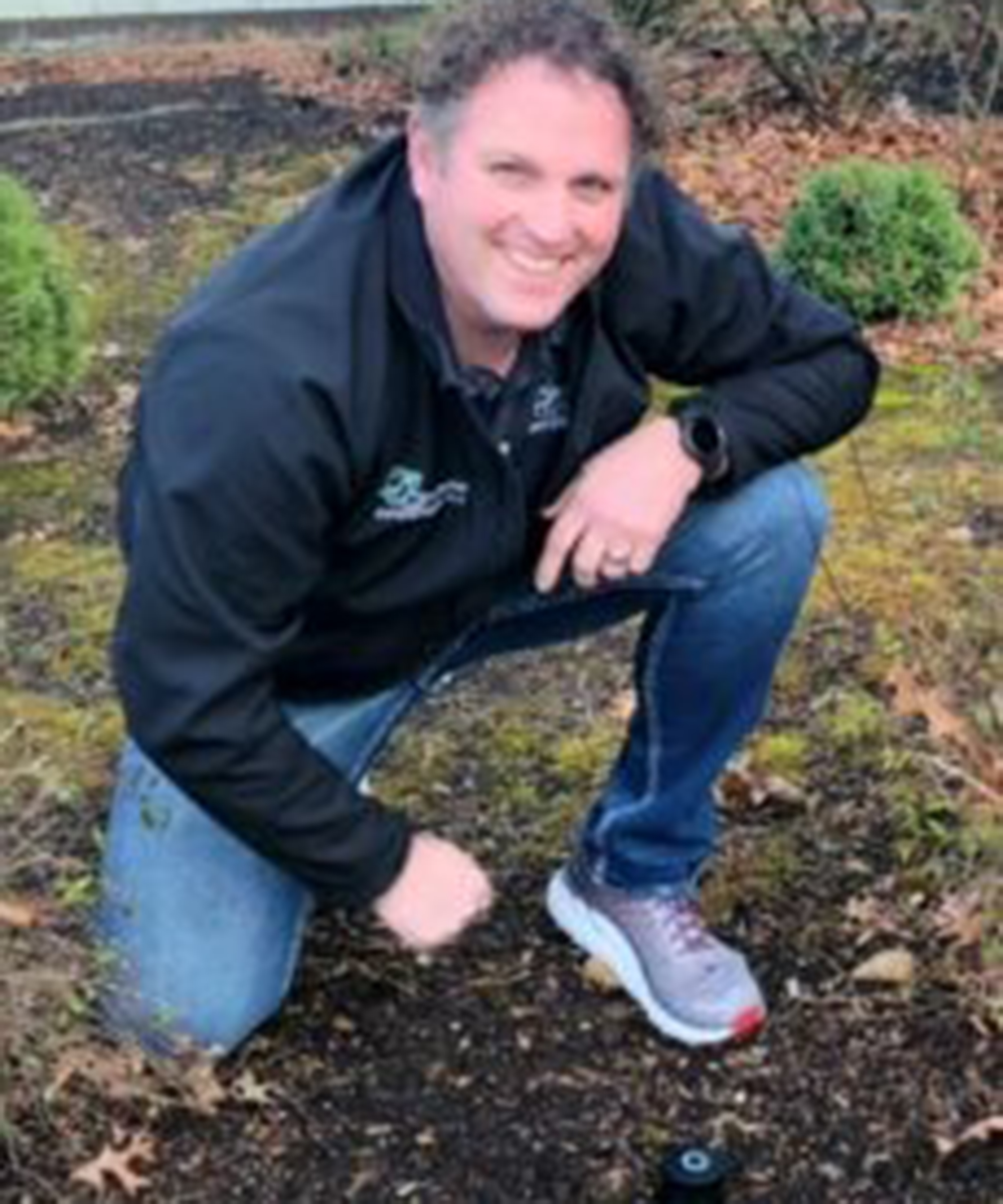
Kody J. Ketterling has run his own landscaping maintenance business for more than a decade and is an expert in lawn care and maintenance.
How long can grass seed be stored?
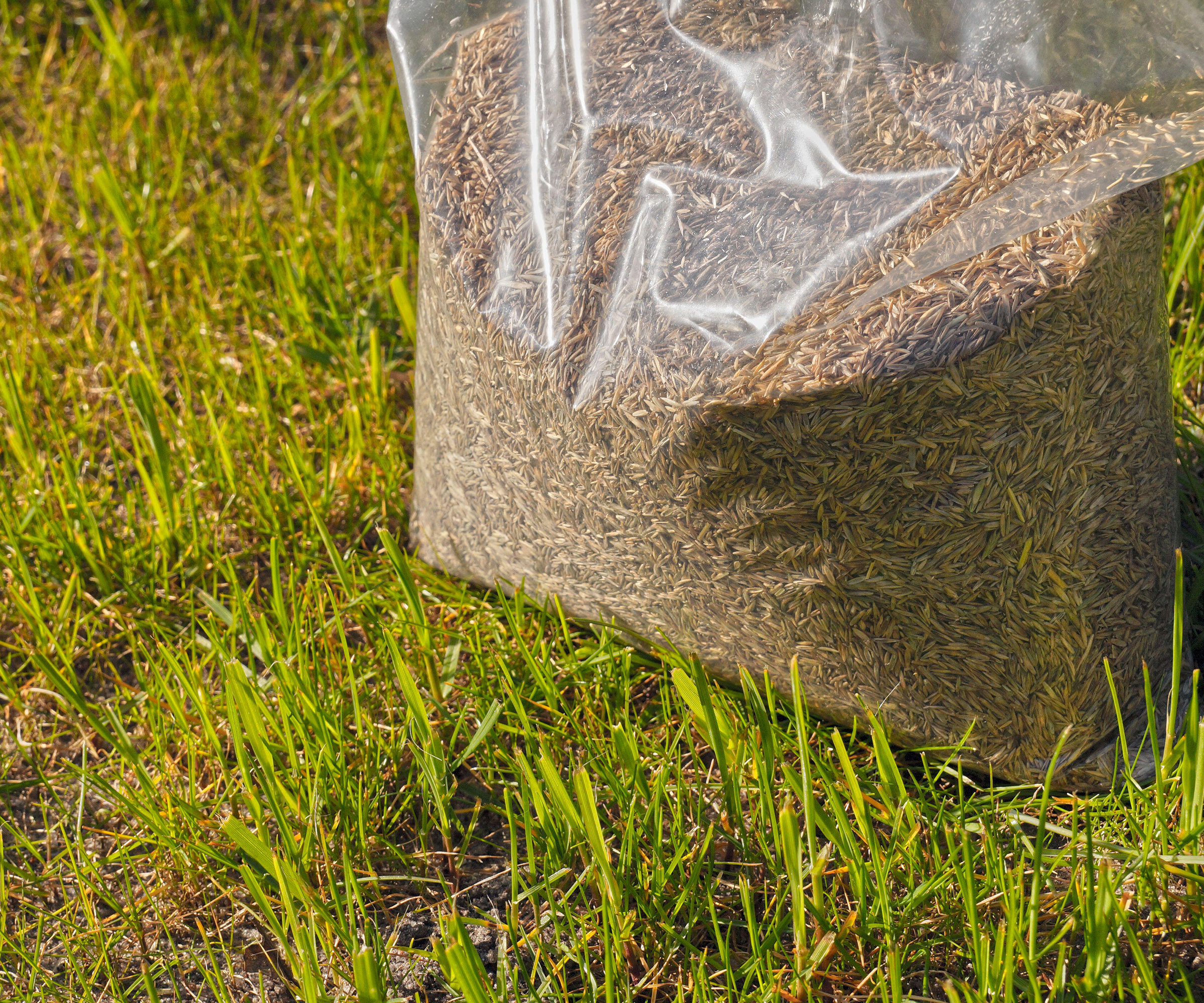
'The shelf life of grass seed can vary depending on the specific type of grass and the storage conditions,' explains Jason McCausland. 'In general, most grass seed can remain viable for two to three years if stored properly.'
'Regularly checking the seed for signs of mold or other contaminants is advisable, as this can indicate deterioration. Proper storage practices play a crucial role in preserving the germination potential of grass seed over time,' says Jason.
How to check lawn seed health
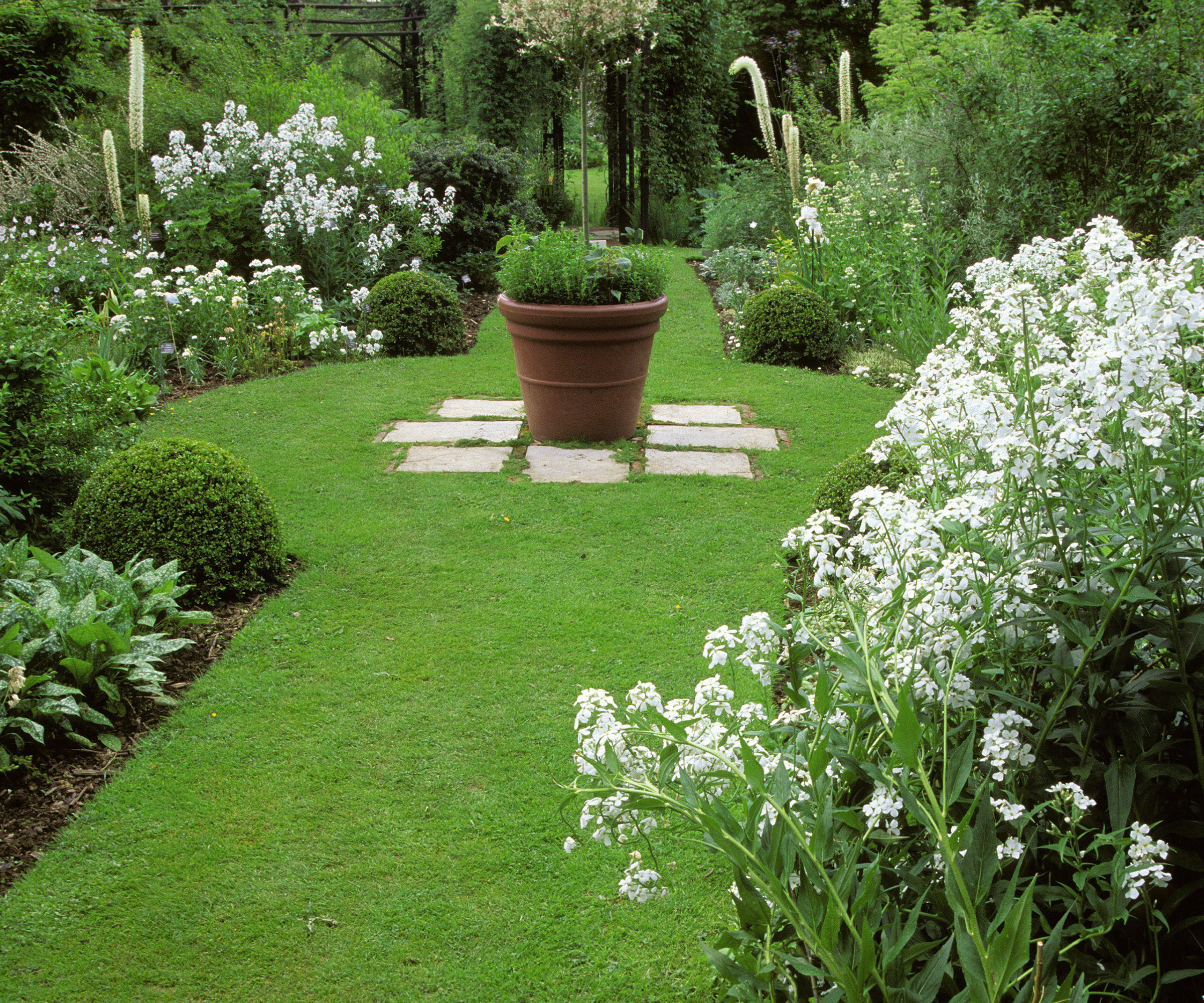
In order to check viability, Jason advises conducting a germination test before planting older seeds to ensure successful establishment.
'Put seed on a damp paper towel in a clear plastic bag and place it in a warm area that gets plenty of sunlight. If half of the seeds germinate then you would assume that you’ll only have a 50% viability rate.'
'This means you would have to put down twice as much to get the desired results. The best approach is clearly to buy only what you think you’ll need for your project,' says Jason.
When you need to repair small patches on your lawn, simply buy a small quantity of seed like this Pennington bare spot repair grass seed mixture at Amazon.
Signs that lawn seed has gone bad
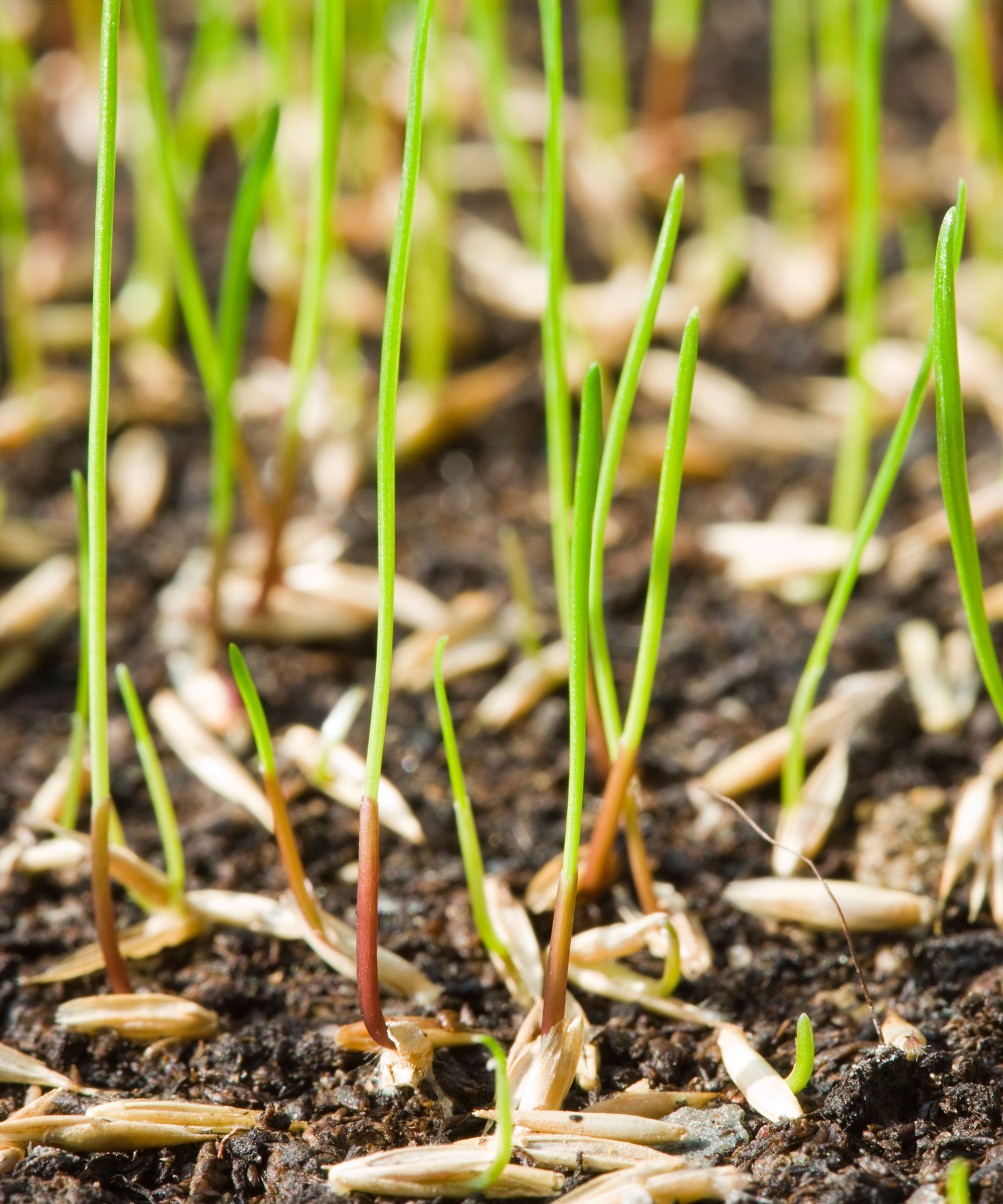
These are the telltale signs that your seed might have gone bad according to Kody Ketterling:
- Mold: if mold has formed this is a sign that the seed has gone bad and it will not germinate.
- Smell: if your seed has gone bad it will give off a musty or rotten smell.
- Pests: If you find evidence that pests have gotten into your seed stores it's likely they have disturbed the seed and exposed it to the elements.
- Clumps: If the seed is grouped together in clumps this is another sign that the seed has gone bad. If the seed flows through your fingers very finely and the container is still sealed then the seed should be ok to use for when planting grass seed.

Craig is the Founder at Lawnbright, a lawn care subscription service featuring all natural products that are safe for kids and pets. Craig is an expert on natural lawn care.
FAQs
How do I know if my grass seed is OK?
'Check the date on the tag. Manufacturers of premium blue tag seed are required by law to give a use-by date,' says Craig Elworthy, founder of Lawnbright.
'This is not as binary as perishable food, but it does serve to highlight when the product begins to lose efficacy,' adds Craig.
What are the best conditions for seed storage?
'If you will be storing seed for multiple seasons, get the seed out of the standard bag and store it in an air-tight container under non-extreme temperatures (between 30-85 degrees),' says Craig Elworthy, founder of Lawnbright.
If stored correctly you can keep your lawn seed for around 2-3 years. That being said, it is best for your lawn care regime to use it fresh. So, when buying lawn seed try to buy just enough for what you need for your project.
Sign up to the Homes & Gardens newsletter
Design expertise in your inbox – from inspiring decorating ideas and beautiful celebrity homes to practical gardening advice and shopping round-ups.

Teresa was part of a team that launched Easy Gardens magazine two years ago and edited it for some time. Teresa has been a Gardens Editor at Homes & Gardens, Country Homes & Interiors and Living Etc magazine since 2020 and has developed close working relationships with top garden designers, and has been exposed to an array of rich garden content and expertise.
-
 This once-dated kitchen is now a timeless space with the coziest details – and its the classic color palette that's made it a chic, welcoming space
This once-dated kitchen is now a timeless space with the coziest details – and its the classic color palette that's made it a chic, welcoming spaceWarming colors and natural materials combine to create this enduringly classic kitchen scheme
By Molly Malsom Published
-
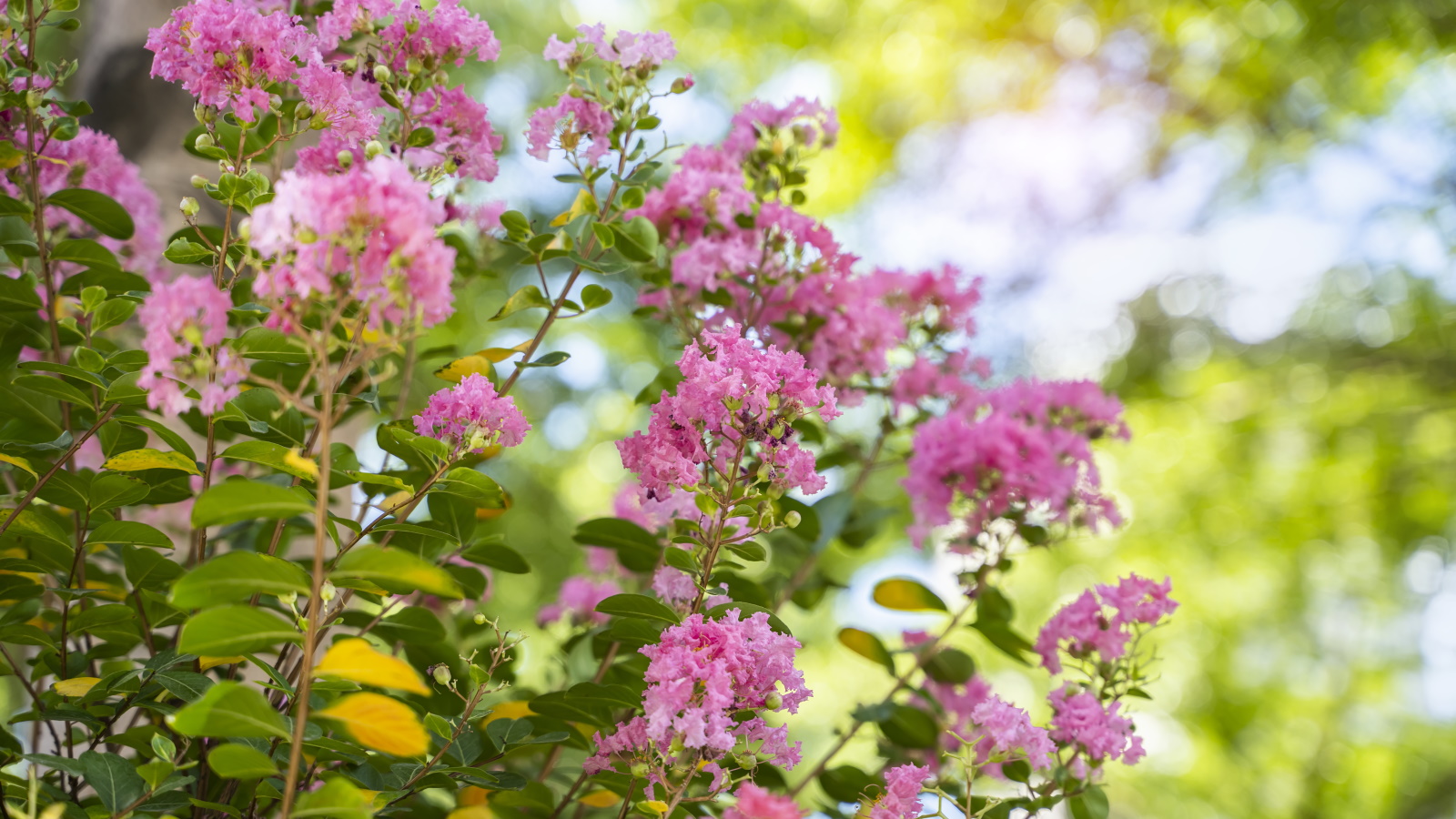 How to grow crepe myrtle in pots – and transform even the smallest of yards with dazzling flowers this summer
How to grow crepe myrtle in pots – and transform even the smallest of yards with dazzling flowers this summerGrowing crepe myrtles in pots will inject splashes of brilliant color into your outside space
By Thomas Rutter Published